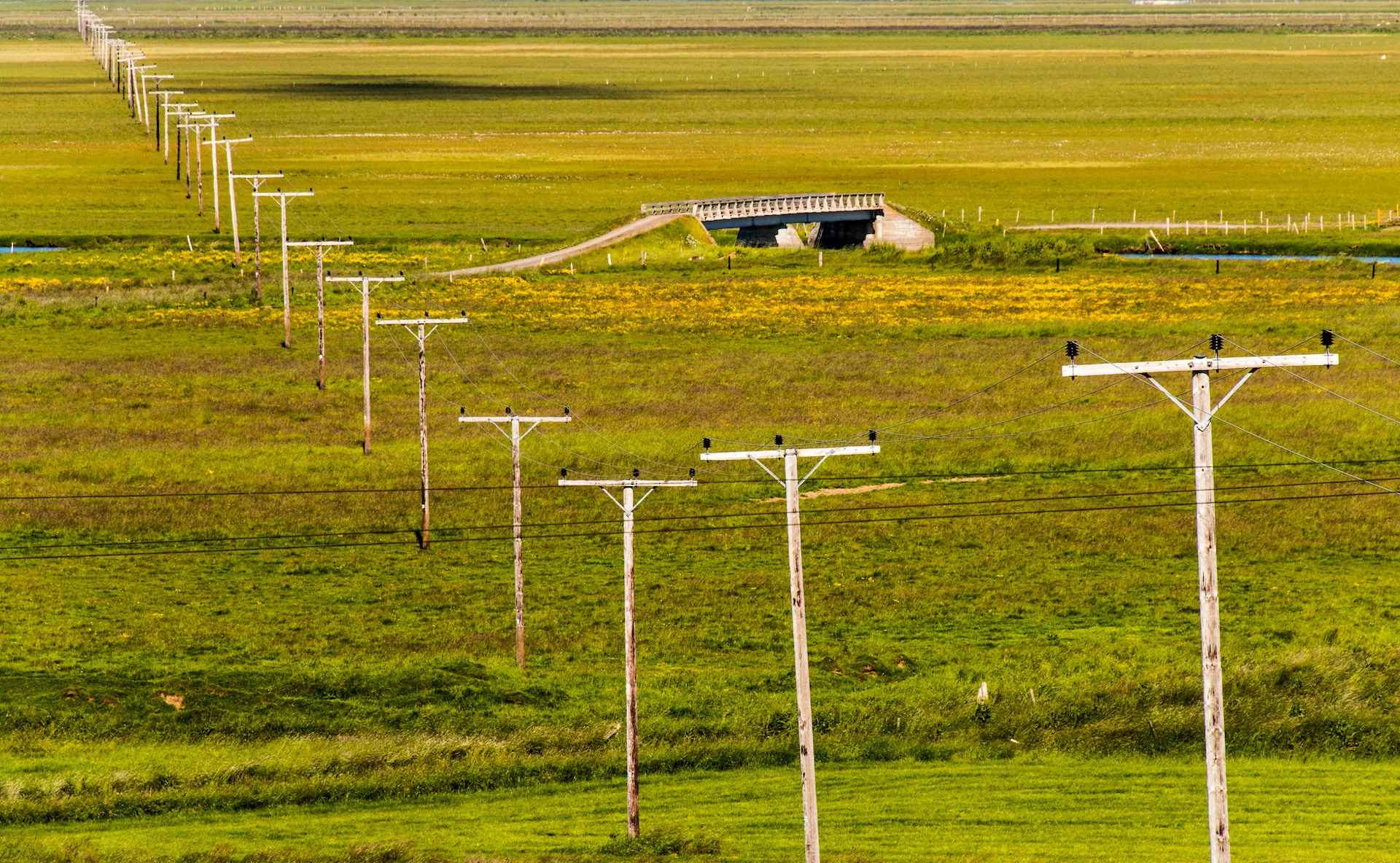
The Middle East and North Africa (MENA) region could create 10 million new jobs, and accelerate GDP to 7.2% and employment to 5.3 % in less than three decades, through strong industrial and climate development policies, said a research by the International Labour Organisation (ILO) and IsDB by Cambridge Econometrics.
The report “The social and employment impacts of decarbonization and green industrial growth scenarios for the Middle East and North Africa region ” was launched at COP28 in Dubai at the ILO’s Just Transition Pavilion. The research states that achieving such results would require the region’s countries to adopt strong industrial policies, link climate to development policies, and further invest in climate resilience, green water desalination, reforestation, and waste management.
“The MENA region’s natural advantages in renewable resources, such as solar and wind energy, and a young labour force provide a solid foundation for leading the green industrial revolution,” said ILO Deputy Regional Director for Arab States Peter Rademaker.
“The MENA region stands at a critical juncture and must actively participate in the global energy transition to avoid welfare losses and secure a sustainable future, with increased opportunities for all, including marginalized groups,” Rademaker added.
The report explains that the employment and socio-economic impacts of national and global climate policies in the MENA region lie within three scenarios.
The first is a global net zero emissions scenario where countries in the MENA region remain passive bystanders in the energy transition and may face welfare losses compared to the current baseline.
The second scenario puts MENA countries actively driving the global energy transition, significant gains in jobs and GDP may be achieved.
The final scenario would lead to the optimal labor market and socio-economic results and could create 10 million new jobs and accelerate GDP to 7.2% and employment to 5.3% in less than three decades, it would require strong industrial policies in the field of green hydrogen, solar power, and electric mobility.
“These would be combined with just transition policies to enable upskilling, reskilling, and skills training for young people in new low-carbon technologies. In addition, MENA countries would link climate to development policies, and further invest in climate resilience, green water desalination, reforestation, and waste management. Such a resilience scenario would also rely on strong just transition policies targeting investment in human capital, social protection, and unskilled and low-income workers, said ILO in a statement.
For such a resilience scenario to take place, it would rely on strong policies aiming to achieve a just transition towards a green economy in a way that is as fair and inclusive as possible to everyone concerned, creating decent work opportunities and “leaving no one behind”.
It would also rely on targeting investment in human capital, social protection, and unskilled and low-income workers.
“It is true that climate change and decarbonisation pose several challenges, as more environment-friendly and sustainable production and consumption practices will mean that some sectors will decline while others grow and transform,” said Her Excellency Shayma Al Awadhi, Assistant Undersecretary for Communication and International Relations at the Ministry of Human Resources and Emiratisation (MoHRE).
“At the same time, the adoption of a comprehensive package of climate, economic, and social policy measures has the potential to increase economic prosperity, create more jobs, and increase employment rates,” she added.